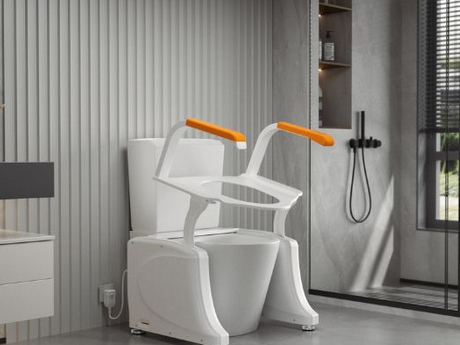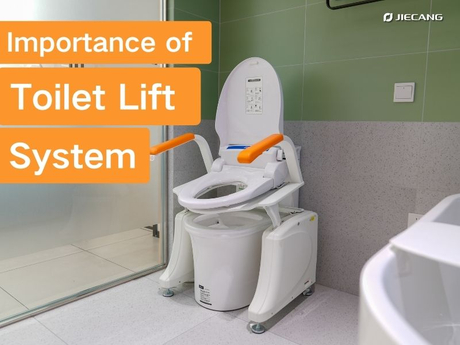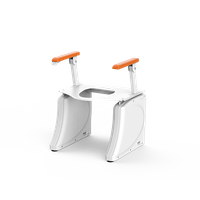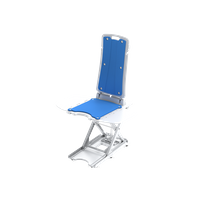- Home
-
- TF Integrated Workstation
- TT Integrated Station
- TS Single-Person Station
- TO Single-Person Station
- Advanced Office Table
- Manager Table
- Odette Conference Table
- Lifting White Board
- Lifting Podium
- Working Port
- Zen Standing Desk
- Lifting Coffee Table
- Home Standing Desk
- Nature Standing Desk
- Invictus Gaming Desk
- Study Desk
-
-
- Electric Hospital Bed
- Image Equipment
- Examination Bed/Clinic Bed
- Operation Table and Chair
- Infant Incubator
- Independent Weighing System
- Home Care Bed
- Patient Lift
- Wheelchair
- Toilet Lift
- Bath Lift
- Shower Trolley
- Smart Rollator
- Ophthalmic Workstation
- Treatment Chair
- Facial Chair
- Traction Table
- Massage Chair
- OT Training Equipment
- Stand-up Application
- Rehabilitation Robot
-
-
- Photovoltaic Application
- Photothermal Application
- Energy Storage Container
- Tractor
- Seeder
- Fertilizer Spreader
- Harvester
- Rotary Cultivator
- Climate Control System
- Automatic Feeding System
- Excavator
- High Altitude Work Platform
- Garbage Truck
- Street Sweeper
- AMR Automated Guided Vehicle (AGV) and Autonomous Mobile Robot (AMR)
- Forklift Accessories
- Palletizing Collaborative Robots
- Packaging Machine
- Mobile Light Tower
-
-
Guide to Choosing the Best and Most Comfortable Toilet Lift
Views: 0 Author: Site Editor Publish Time: 2025-06-06 Origin: Site
With the increasing aging of the population, toilet safety in home care has become particularly important. For the elderly, postoperative rehabilitation and people with limited mobility, the process of going to the toilet is often accompanied by the risk of falling and inconvenience. As an efficient toilet aid for the elderly, toilet lifts can effectively reduce the physical burden when getting up and sitting down, and improve their ability to take care of themselves. In the face of the growing market demand for smart, comfortable and humanized equipment in 2025, choosing a suitable toilet lift is particularly important.
1. What Is a Toilet Lift? Who Should Use a Toilet Lift?
A toilet lift is an electric assistive device designed to help people sit and stand up more easily and safely. It gently raises or lowers the user's body position through an adjustable lifting mechanism, thereby reducing pressure on the knees, hips and lower back.
Who should use a toilet lifts:
Elderly people with limited mobility
People recovering from surgery or injury
People with arthritis, joint pain or muscle weakness
Caregivers who assist with toileting activities and want to reduce the physical burden on them
These devices support independent living, enhance the dignity of the user, and reduce the risk of toilet falls, which are one of the most common accidents in home care settings.
2. How to Choose the Right Lifting Toilet Seat?
(1) Toilet seat lifter weight capacity and lifting range
When choosing a toilet lift, its weight capacity must match or exceed the user's weight to ensure safe and stable operation. Most high-quality lifting toilet seat models have a weight capacity of up to 150-200 kg (330-440 lbs). The lifting range (i.e., the height or height to which the device is raised) should be appropriate for the height of the toilet and the user's comfort and mobility needs.
(2) Toilet seat lifter seat structure and comfort
Choose an ergonomically designed toilet seat lifter that provides a seat that conforms to the body's curves, padded support, and a non-slip surface. A well-structured seat can improve comfort during use and reduce joint stress. Some advanced models even come with toilet seat heaters or removable armrests to facilitate lateral movement from a wheelchair.
(3) Toilet seat lifter operation
Toilet lifts are typically available with manual button controls, wired remote controls, or even wireless or app-based operation. Choose models with prominent and clearly marked controls that are easy to reach and use, especially for users with limited hand mobility or cognitive impairment.
(4) Toilet seat lifter power and safety
Most lifting toilet seats are powered by electric motors and can optionally be equipped with backup batteries to ensure normal operation during power outages. Prefer models with built-in safety features, such as emergency stop functions, anti-pinch mechanisms, and smooth, controlled movement to prevent sudden drops or instability.
(5) Lifting toilet seat installation and compatibility
Check whether the toilet seat lifter is free-standing or mountable, and make sure it is compatible with the size and type of your existing toilet (for example, standard toilet or elongated toilet). Tool-free installation is an advantage for temporary installations, while fixed installations may provide better long-term stability.
3. Practical Application Scenarios of Toilet Lifts
Toilet lifts are widely used and can be used in a variety of residential and institutional settings, such as:
Private homes: Helping the elderly use the bathroom independently
Hospitals and rehabilitation centers: Supporting patients after surgery or physical therapy
Nursing homes and assisted living facilities: Reducing the workload of caregivers and improving health care
Accessible public restrooms: Promoting accessibility of public infrastructure and complying with the Americans with Disabilities Act (ADA) standards
In all scenarios, toilet lifts can provide users with limited mobility with greater safety, better quality of life, and greater autonomy.
4. JIECANG Smart Toilet Lifts Product Recommendations
As a global leader in smart motion solutions, JIECANG offers a range of smart toilet lift systems that use sophisticated actuator technology, ergonomic design and easy operation. Here are some standout models:

JIECANG Toilet Assist Lift JC35LT1 is a well-designed auxiliary lifting device, especially suitable for users who need additional support to use the toilet. Here are a few reasons to recommend this product:
(1) Adjustable height: The initial height of the seat is adjustable, and users of different heights can find the most comfortable height.
(2) Large lifting space: Suitable for a wider range of people, with a maximum load of up to 160 kg.
(3) Sensitive operation: Equipped with dual Hall sensors, soft limit, and smooth operation.
(4) Sturdy and durable: All-metal frame with good rigidity.
(5) Convenient assembly: Split packaging is adopted, which makes it easy and fast for users to assemble.
(6) Multi-functional customized development: Provide exclusive multi-functional customized development services to meet the special needs of different users.
Basic product details are shown in the figure:
Click to obtain detailed product data parameter details. This product not only provides necessary auxiliary functions, but also ensures the comfort and safety of users through its design and functions. Whether for home use or professional care environments, JIECANG Toilet Assist Lift JC35LT1 is a reliable choice.
Conclusion
In summary, toilet lifts not only significantly improve the safety and independence of toileting, but are also an important tool for improving the quality of life of the elderly and people with limited mobility. When choosing, user needs and product functions should be considered comprehensively, and brands with mature technology and reliable quality should be given priority. As a leading company in intelligent drive solutions, many products launched by Jiecang have performed well in performance, safety and comfort, and are a trustworthy choice.
If you are looking for the best toilet lift in 2025, please browse the Jiecang toilet lift equipment series and refer to the toilet aid purchase guide provided in this article to bring a more secure toilet experience to your family.
Toilet Lift FAQs:
1.Does Medicare pay for toilet lifts?
We are sorry. Medicare does not cover any toileting or bathroom safety items. Medicare deems these items “Not medically necessary”. Here is a quote from Medicare: “Most equipment designed to make your bathroom safer is not considered “primarily medical in nature” by the Centers for Medicare & Medicaid Services.
2.How can I raise my toilet?
The first involves placing a riser beneath the existing toilet. These types of risers are inexpensive and can be purchased online or at most hardware stores. To install the under-toilet riser, you must shut off the water and remove the existing toilet, which is not an easy task.
3.What is the Medicare approved amount?
The Medicare-approved amount is the amount that Medicare pays your healthcare professional for your services under Part B. If you're enrolled in a Medicare plan, you may have come across the term “Medicare-approved amount.” This is the amount that Medicare pays your provider for your medical services.
Related Articles
QUICK LINKS




























